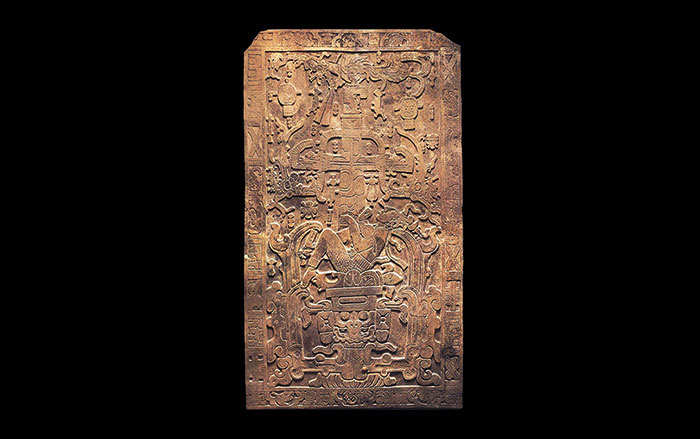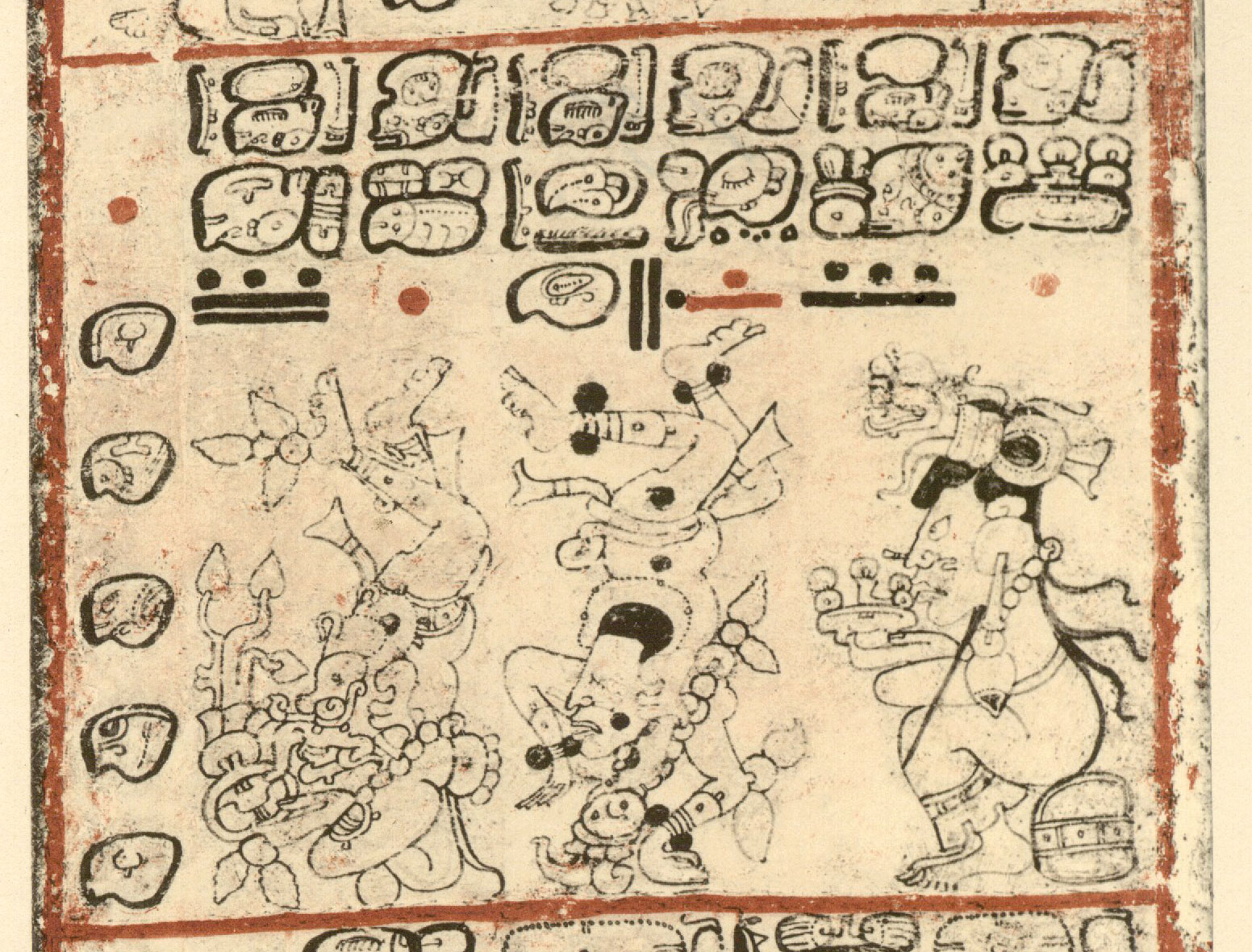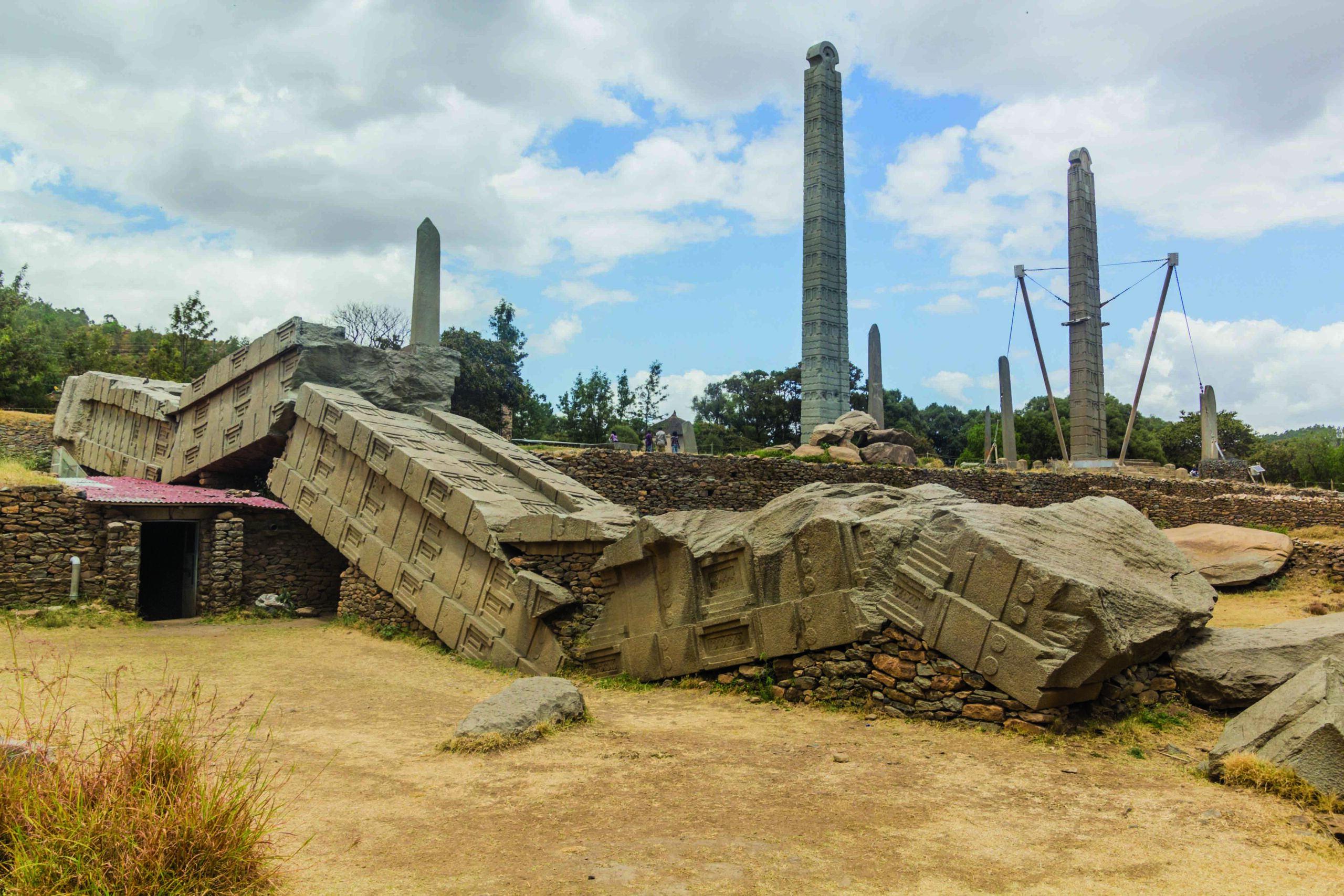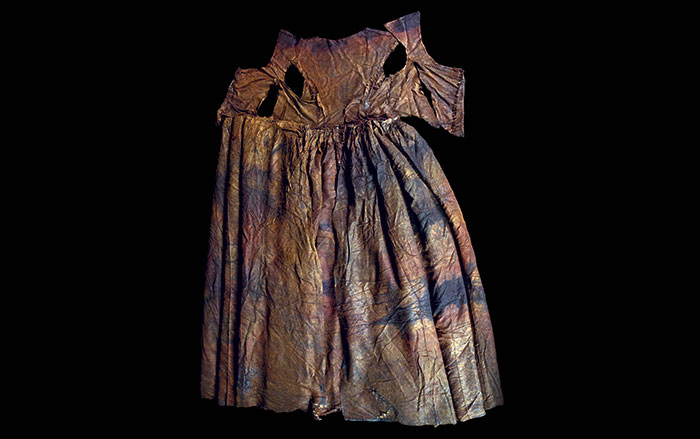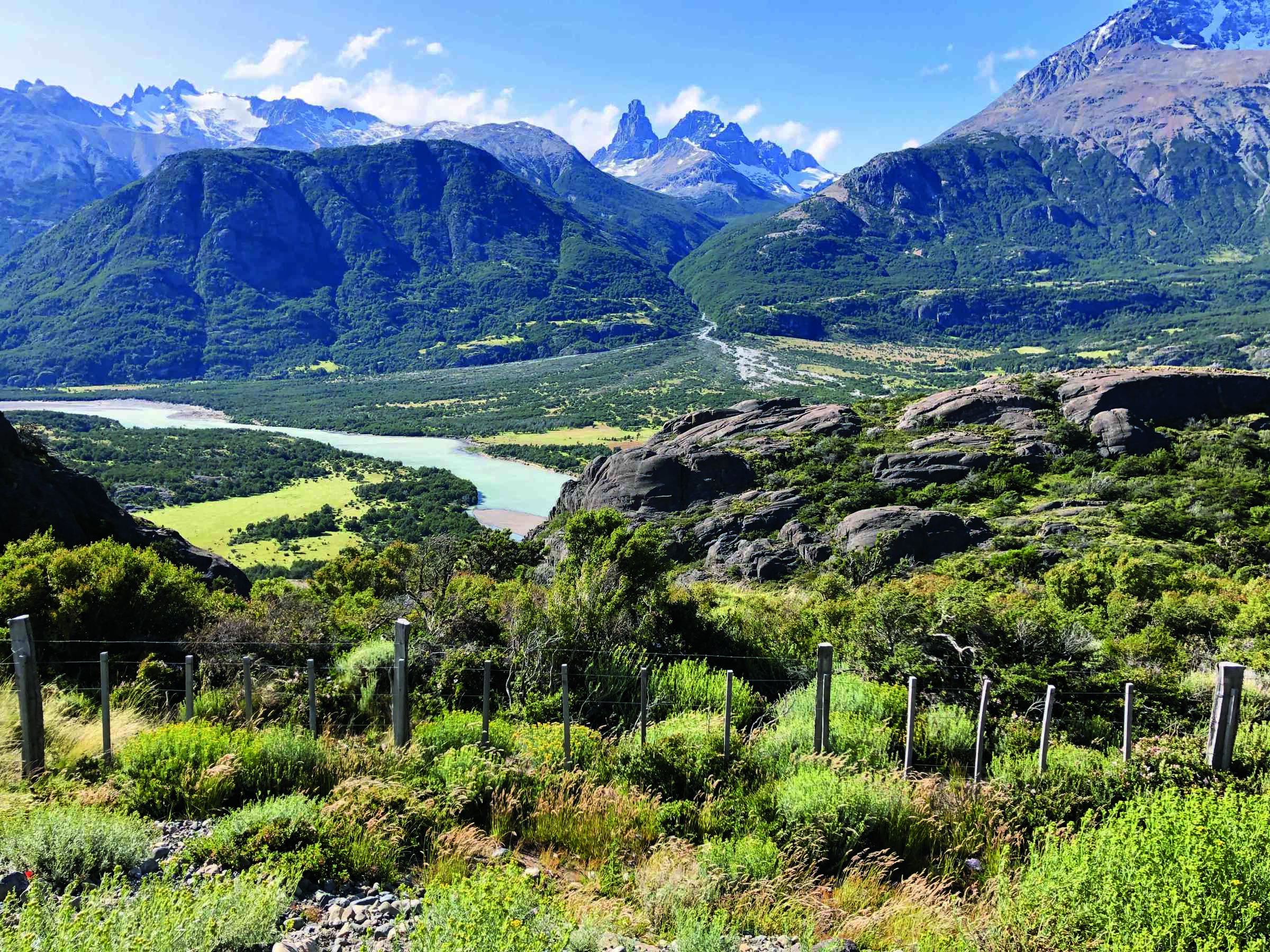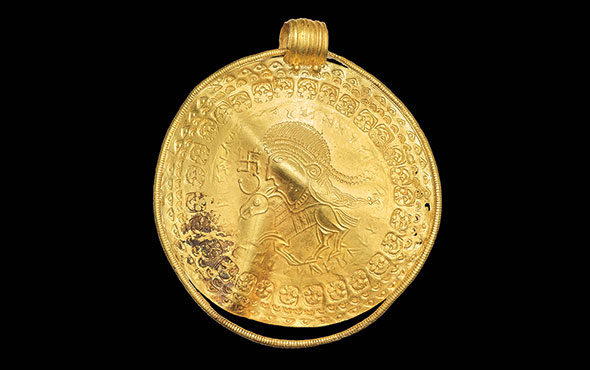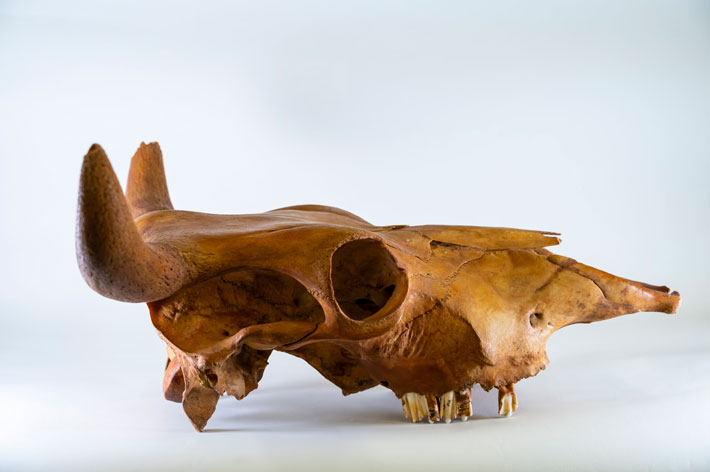
GAINESVILLE, FLORIDA—According to a statement released by the Florida Museum of Natural History, analysis of DNA samples taken from cattle remains unearthed in Spanish settlements in the Caribbean and Mexico indicates that cattle may have been imported from Africa in the early seventeenth century, some 100 years earlier than previously thought. Research team leader Nicolas Delsol said that the Spanish transported cattle from Europe in the early sixteenth century, and, indeed, the DNA analysis determined that cattle in Puerto Real, Hispaniola, are closely related to modern European cattle. Six of the cattle bones unearthed in Mexico carried DNA sequences that are common in African cattle, but are also found in modern European breeds. “There are cattle in Spain similar to those in Africa due to centuries-long exchanges across the Strait of Gibraltar,” Delsol explained. But a sample of mitochondrial DNA from a late seventeenth-century cattle tooth found in Mexico contained a genetic signature rarely found outside of Africa. Delsol and his colleagues think this animal may have descended from cattle that were transported from West Africa directly to the Americas with enslaved peoples. Read the original scholarly article about this research in Scientific Reports. To read about cattle ranching in the early American Southwest, go to "Letter From Texas: On the Range."


